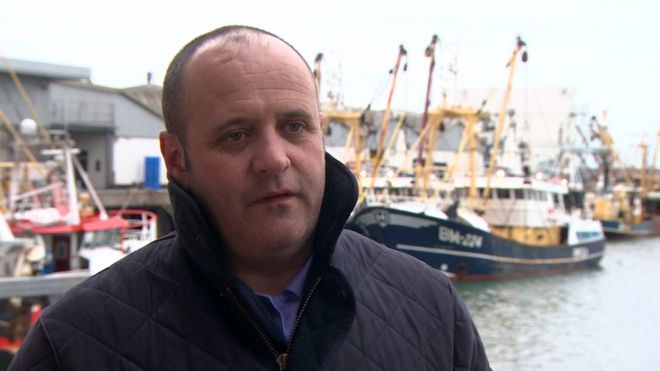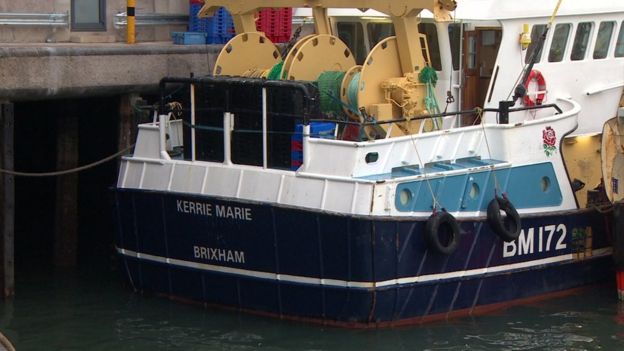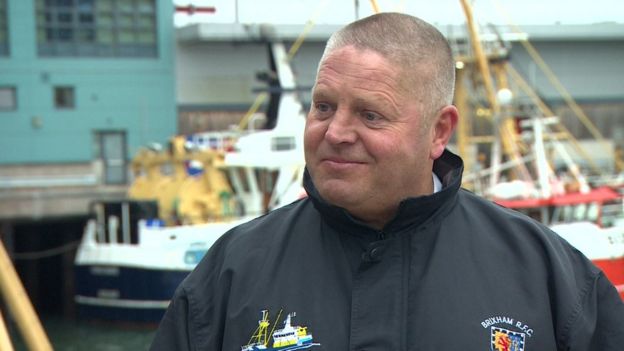“It is possible to prosper with increased selectivity” was the take-home message from a dynamic panel session held yesterday at the International Institute for Fisheries Economics & Trade (IIFET) by Environmental Defense Fund Europe. Fisherman Peter Olsson of the Swedish Fishermen’s Producer Organisation – quoted above – spoke of his experiences mitigating choke species to remain prosperous under the Landing Obligation, saying:
“We just need to make use of the tools available. With the right combination of tools and policy measures we can create the right conditions for sustainability and strong businesses.”
Olsson was one of a range of speakers contributing to a special panel – part of IIFET’s tailored “Industry and Policy” day – on the theme: “Adapt, improvise and overcome: fishermen’s responses to the Landing Obligation”. Panel Chair, Dr Erik Lindebo, economist and Senior Consultant to Environmental Defense Fund, led a wide-ranging discussion of tools and approaches being applied across Europe that can offer support as industry moves towards full implementation of the Landing Obligation by 2019.
Fellow panelist and UK fisherman, David Stevens (Crystal Sea, Newlyn) added:
“The collaborative approach to implementation is truly worthwhile. When you give fishermen the ability and incentive to deal with the issues themselves, they are able to come up with the best solutions. Fishermen need the freedom to take control of their fisheries.”
Commenting on the lively discussion, Dr. Lindebo said: “The Landing Obligation has represented a huge change in the fishing landscape, and will continue to do so. But we’re surrounded by optimistic, pragmatic solutions that can make a difference, especially to mitigate some of the all-important choke problems. The key now is to ensure fishing industry and policy are on the same page when it comes to fully utilising the management toolbox, allowing innovation and best-practice to come to the fore via the simplest route possible”.
The in-depth discussion covered small-scale fisheries, scientific perspectives, and in-depth industry comment on the future of fishing under the LO. The importance of the processing sector was also underlined, as David Parker of Young’s Seafood highlighted the entrepreneurial talent within the sector, and the value this offers to supply-chain innovation, including at the ‘business end’ of catching. Parker presented in detail on Young’s collaborative new project ‘Trawlight’: an initiative using sea-water activated lights, and ‘escape holes’ in gear, to reduce unwanted juvenile and choke catches.
Mike Park, of the Scottish Whitefish Producers’ Association, and Clara Ulrich of DTU-AQUA, National Institute of Aquatic Resources and DISCARDLESS, also joined in the debate – underlining the importance of taking a positive approach in searching out the best ways to deliver a secure fishing future for industry.
Offering his thoughts at the end of the session, Chair Dr Lindebo reflected: “There are significant challenges with the Landing Obligation. But with a varied toolbox of methods, and industry expertise at our disposal we can begin to tailor appropriate solutions. It is of fundamental importance that the fisheries sector and all other stakeholders are on board with the process, all across Europe.”
(IIFET2016 Aberdeen – June 14, 2016).
The conference agenda:
Wild Capture Fisheries |
|
Aquaculture |
|
Processing |
|
Seafood Logistics |
|
Markets |
|
Consumption |
|
The BIGGER PICTURE |
|
Special Feature:Industry & PolicyDay |
Wild capture fisheries
Aquaculture
Processing
Seafood logistics
Markets
Consumption
The business of fishing - a film made by Seafish
|
Special Sessions (Open) |
|
Special Sessions (Closed) |
|
Please note that some sessions are still be to confirmed and the final list may be different.
| |


























